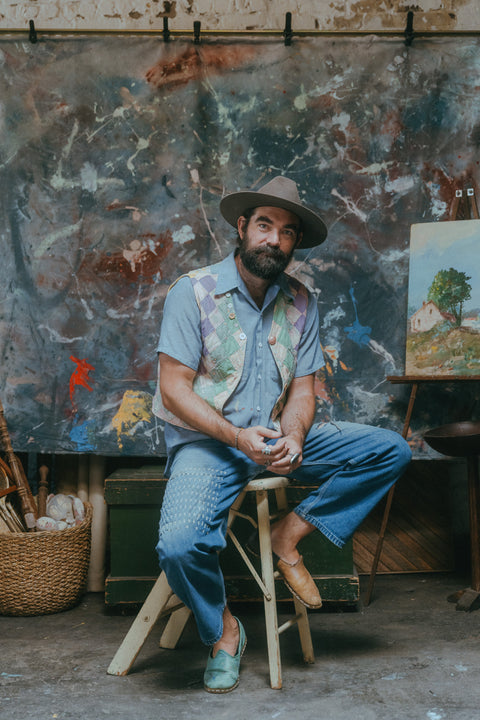
WTP001 Sneak Peek: Sustainable Practice Spotlight
Some call it the “s-word.” The “big S.” In context, these phrases recall corporate designers, technicians and marketeers talking about how – Sustainability practices, with a capital S – are all phony. For the sake of this generation, much of what’s been previously said and promised – as many “net zero” corporate missions have yielded – amounts to worse than nothing. What is corporate sustainability? We just don’t know.
What we do know: there are still brands and companies working to sustainably serve, sell, and scale their trades, projects and practices. Their existence – their will, process and art – is what WTP covers through "Sustainable Practice Spotlight" [SPS]. So who else could better show us the answers to shared questions about our relationship to sustainability – either individual or corporate? With each SPS feature, the symbiotic impact of product, people and planet are at the forefront. No “carbon capture” promises – all straight SPS here.
For our first spotlight, we bring focus to the past for future lessons in sustainability. In a fast fashion-dominated landscape, the vintage shop owner isn’t just a trendy retailer, but the middleman between brand, person and a reloved product. Narrowing our view to the middle of America, the embodiment of ethical retail exists within the heartland of Des Moines, Iowa’s Dust Collective.
As a multi-purpose location for servicing vintage garments, home goods, and art, Garrett Cornelisons’ Dust Collective now offers upcycled collections and curated clothing customization repairs for mending. Moreover, Garrett’s mission strikes at what WTP hopes to achieve: shared sustainable knowledge and collective improvement through what we have in front of us.

